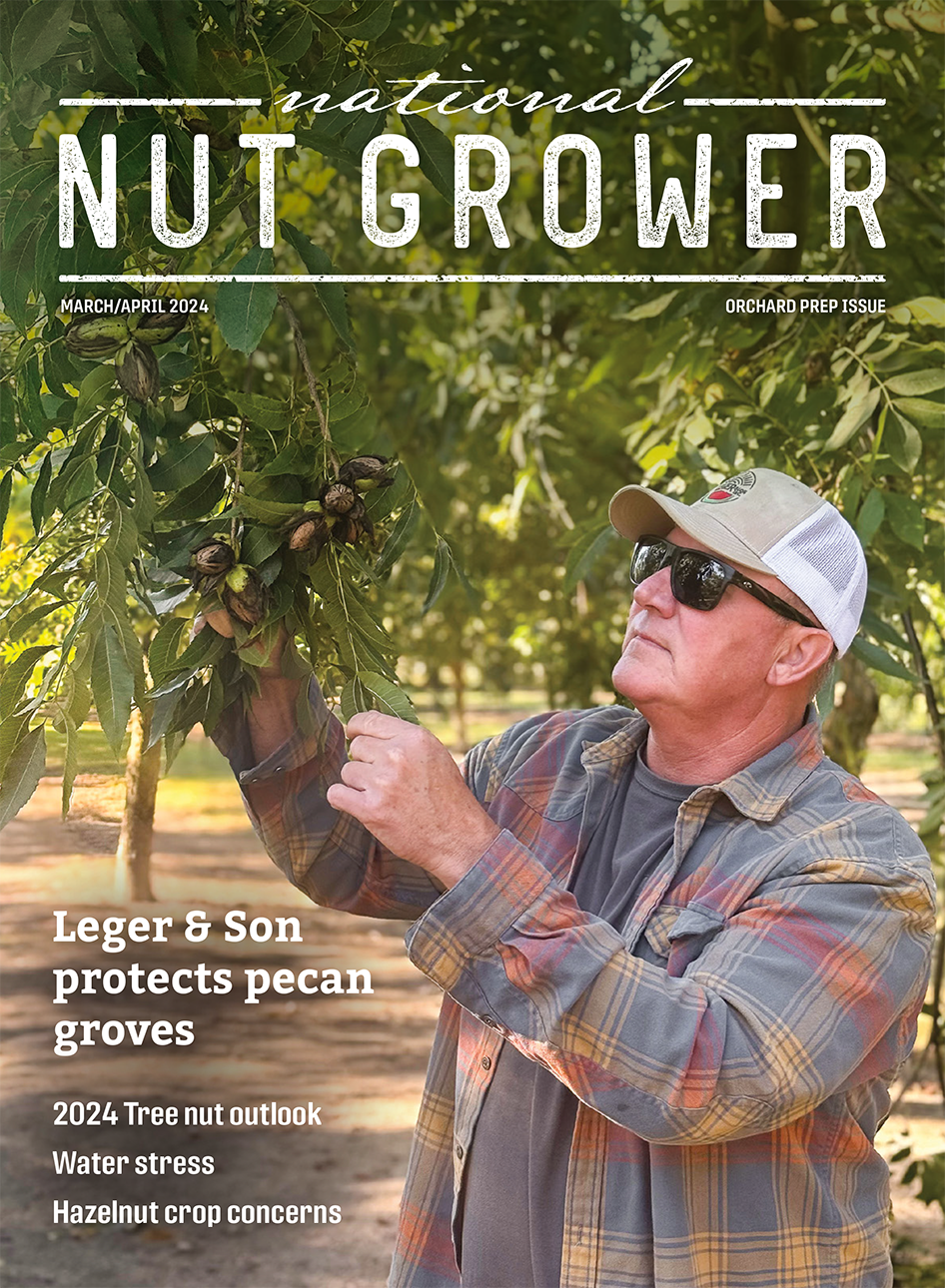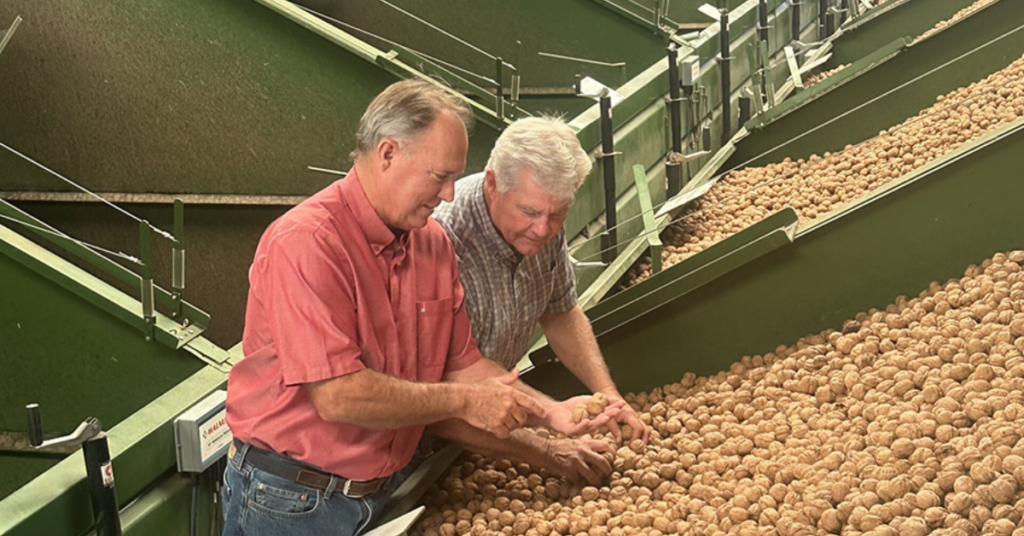
November/December 2023
The Consultant
John Post has been involved in the nut industry since as long as he can remember.
His father, George, was a University of California (UC) farm advisor in the early 1960s, and, along with Robert Henke, a UC Berkeley soil scientist, started Agricultural Advisors Inc., a private consulting company, in 1968.
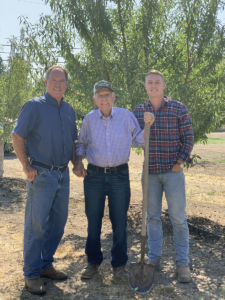
“They saw that growers needed more one-on-one help than a farm advisor could give them,” Post said. Post worked for them during all his summers, earned his Masters at UC Davis in pomology, and began working for them in 1986.
He took over from his dad as president, carrying on the mission that has been its motto since the beginning: to assist growers to produce crops of the highest quality and yield in the most cost effective manner.
“There’s a lot of misinformation in the industry and some products that are questionable,” Post said. So, the consulting company tests chemicals from the major chemical companies, does pruning trials and variety trials and more.
“We try to do everything for a reason; we don’t mind spending the time researching,” Post said.
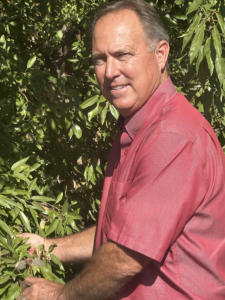
The Live Oak, California-based service, he notes, consults on nearly 80,000 acres, with more than 50% of walnut growers, and combines knowledge derived from in-house and contracted research trials with decades of field experience.
“We mainly learn from having so many clients doing different things and glean that knowledge not only for our other clients, but our own operation as well,” Post said. “We have built it up and do a fair amount of work overseas as well.”
The secret of success in this business, Post noted, is to really understand the water, soil and environment.
“All these products that come out, they are trying to cover as many acres as they can, but every orchard is its own entity, and some need more inputs and some need less,” Post said. “With the amount of acres that we look at, you really see the differences from grower to grower and you just can’t do the same program everywhere.”
COLLABORATIVE EFFORTS
In addition to his company, Post also owns several walnut and almond ranches, most with growing partners, representing approximately 1,300 acres of walnuts and 700 acres of almonds. He provides the advising so the growers can get the most out of their crops.
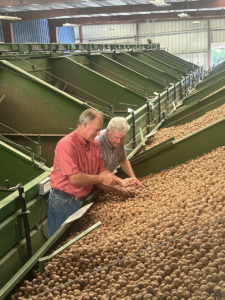
“You’re hoping to get 6,000 pounds of walnuts and 3,000 pounds of almonds, those are our low goals in northern California,” he said.
He branched into these ranches through his business, explaining a lot of companies come to Agricultural Advisors to do feasibility studies, or when someone is looking to buy or sell a property, and his company will evaluate the property for them.
“I’m pretty much privy to a lot of things going on in the real estate sector, and once in a while, I’ll find one that a grower or an outside party want to see, and sometimes I’ll get a little group together, and we’ll buy those orchards,” Post said. “I make sure a crop can be grown there, I look at soil chemistry, soil texture, water availability and water quality, and if it checks all the boxes, we are often first in line to buy them.”
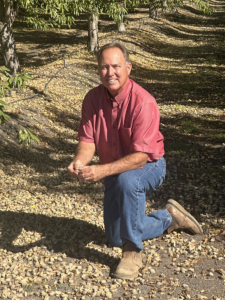
Post does much of his research on his own ranches, be it fertilizer, pruning, insect and disease, or irrigation trials to learn new harvest techniques.
He’s currently running a series of irrigation trials this fall, testing all the new products that measure soil moisture or water potential.
“Through that, we’re able to be innovative and not wasteful,” Post said. “It helps us put the best product at the end and hopefully, the most money at the end.”
INCREASED DEMAND
Over the last few years, Post has seen a larger demand for walnuts and almonds, which he attributes to health reasons.
“It seems like the younger generations are trying to get away from animal proteins and these are other proteins that can fill that niche for them for their health,” Post said.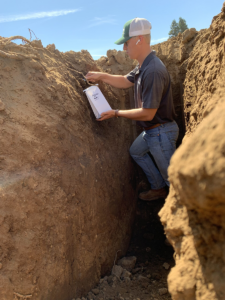
And with the soils and climates in the areas he works being perfect for both, plus the fact that there are often two sources of water available, increased production is not a challenge.
Post’s clients sell walnuts to three packers: Carrier Family Farms, Empire Nut and Sacramento Valley Nut. Post’s almonds sell mainly to Farmers International in Chico, California.
TECH TALK
At his ranches, the use of tech has taken on a greater importance, especially when it comes to water.
“We’ve been using a lot of these new products to measure different water use,” he said. “The last couple of years, we’ve been testing dendrometers compared to continuous water sensors, and everything is being compared to pressure bombs, which seems to be the standard. We also compare to soil probes to see if we can find an easier way to evaluate the water situation.”
Post also tests a lot of new technology for other growers.
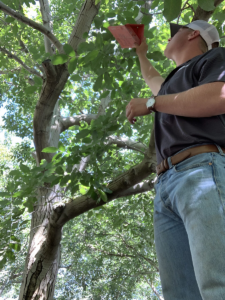
When it comes to sustainability, in addition to water management, Agriculture Advisors works a great deal with soil health.
“In the old days, the only things we planted were along the river, but we’re now planting in the foothills and places where the soils are just sterile,” Post said. “They need some of this microbiology, so we’re doing a lot with carbon nitrogen ratios that we never cared a lot about before. We’re putting a lot more organic matter and bringing up microbe numbers to make these soils healthier.”
Agricultural Advisors is also watching bee management, putting in plant buffers to help feed the bees, and the company tries to post irrigate more than it used to.
TEAM APPROACH
All of Agriculture Advisors’ workers were trained by Henke and George Post, a UC Davis pomologist.
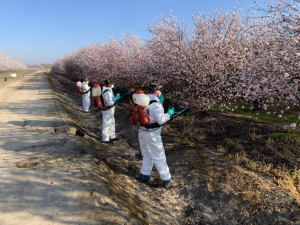
“That’s been a big key for us, to have someone teach you the ropes to get into it,” the younger Post said. “We have four guys my vintage, who are probably going to retire in the next four to five years, and we have our plan for the future with five young guys who have worked with us the past five years.”
That includes Post’s son, Randall, who also studied at UC Davis and is slated to take over as Agriculture Advisors’ president in the next few years.
“In this business, you really want to have a mentor; you need to know who is feeding you the knowledge and find people you can trust,” Post said. “Keep your mind open, your eyes open and be humble.”







